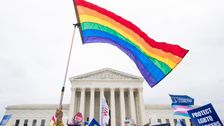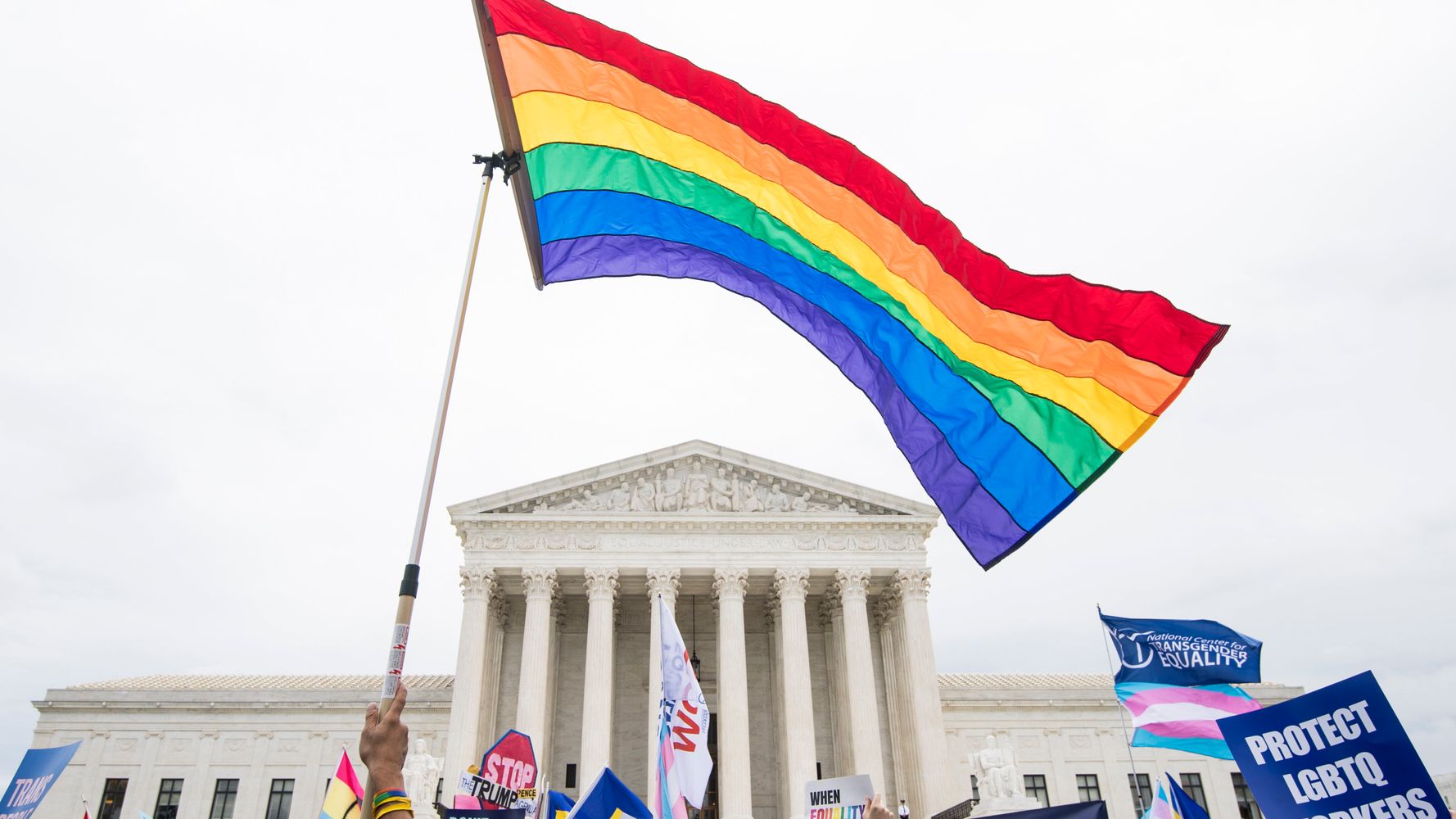[ad_1]

MEXICO CITY/NEW YORK, June 1 (Thomson Reuters Foundation) – As widespread protests over racial injustice roiled the country, LGBT+ campaigners on Monday, the start of the annual Pride month, called for a return to the rebellious origins of the U.S. gay rights movement.
Pride celebrations have come under criticism for becoming heavily commercialized and straying from their roots, and the outrage sparked by the killing of George Floyd is an opportunity to return to protests for social justice, advocates said.
The origins of gay pride parades lie in riots against police brutality in 1969 in New York City, they said, and now cities are filled with protesters outraged over the death of Floyd, an unarmed black man who died in police custody in Minneapolis.
“The first Pride was a riot and an outpouring of anger and frustration, led by transgender women of color who threw bricks at police and sparked the beginning of the queer liberation movement,” New York state Sen. Brad Hoylman, who is gay, wrote in an open letter to the organizers of New York City Pride.
He called on the organization to refocus its celebrations, such as the virtual Pride to be staged this month, and return to the “radical roots” of the LGBT+ movement.
“As protests against police brutality continue in New YorkCity and nationwide, we are reminded that millions of our black and brown siblings … are still denied justice.”
Pride parades around the world, in particular the New York celebration last year marking 50 years since the initial riots at New York City’s Stonewall Inn, have drawn criticism for having banks and beverage companies sponsor floats and products.
Pride events in the 1960s and 1970s were edgier, more impassioned and political, demanding an end to discrimination, police violence and injustice, advocates said.
“The LGBTQ community needs to honor that heritage by standing today with those who are protesting continued police brutality,” Kevin Jennings, head of LGBT+ advocacy group LambdaLegal, told the Thomson Reuters Foundation in emailed comments.
The contemporary protests were sparked by a viral video showing Floyd, 46, being restrained by a police officer pressing his knee on Floyd’s neck for nearly nine minutes as he moaned: “Please, I can’t breathe.”
His death has drawn renewed scrutiny to the many killings of black Americans at the hands of police, including transgender man Tony McDade who was fatally shot by police in Florida last week, according to local media.
“This police violence movement, this anti-racism movement, is our movement,” said Mara Keisling, founder and executive director of the National Center for Transgender Equality.
“We can’t have a moral or effective trans or LGBT movement if it’s not an anti-racist movement,” she said.
Last week, 75 LGBT+ advocacy organizations signed an open letter condemning racism and calling for action against police brutality.
(Reporting by Oscar Lopez @oscarlopezgib and Matthew Lavietes; editing by Ellen Wulfhorst. Please credit the Thomson ReutersFoundation, the charitable arm of Thomson Reuters, that covers the lives of people around the world who struggle to live freely or fairly. Visit http://news.trust.org)
Calling all HuffPost superfans!
Sign up for membership to become a founding member and help shape HuffPost’s next chapter
[ad_2]
Source link

